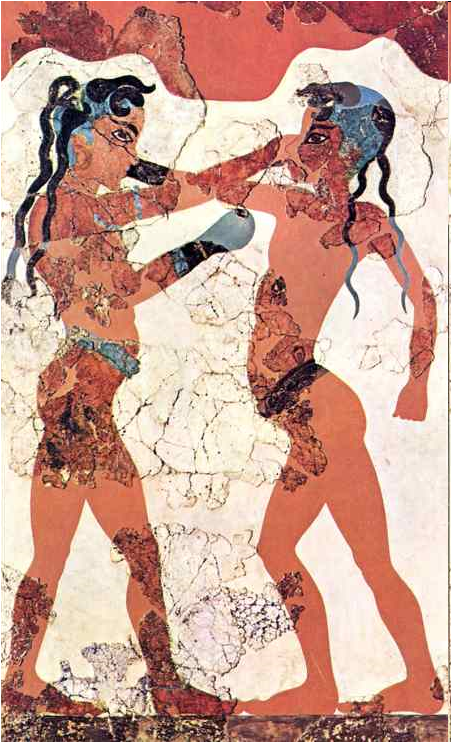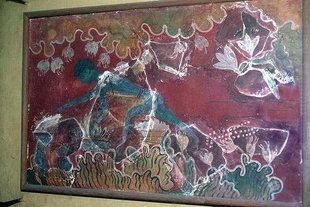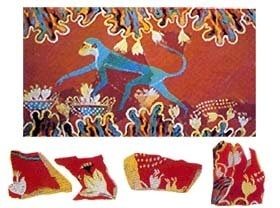As I said about another question to Snežana Đorić (Снежана Ђорић): thanks for the A2A, Hinrich, as if I don’t have enough of a bullseye on my back already.
It’s an interesting question, and it’s also one that’s not going to get many dispassionate answers. I’ll expand on the answers given by Gustavo Pedroso and Markus C. Dehning.
What does it take for a country’s ruler to be demonised in the West?
- Not being a dictator, obviously. Only the Portuguese burn effigies of Salazar.
- Not necessarily being totalitarian. The current post-Soviet rulers of Central Asia are regarded as eccentric rather than evil.
- Being repressive against your own people? We Westerners would like to think so, but really, no. Pinochet did not capture the imagination of the whole West like Hitler did; and if Hitler had stopped with imprisoning dissidents and communists, he’d be a footnote.
- Displacing populations? By the standards of the early 20th century, ethnic cleansing was a good thing, it meant less hassles down the road. Just ask Edvard Beneš. I’m glad he died a broken man, but the number of people that do, I suspect, is me and a couple of unrepentant Sudetenlanders. Certainly no Czechs, very very few Germans, and the rest of you have either never heard of the Beneš decrees, or think it served them right. It’s only fairly recently that ethnic cleansing became unpalatable.
- Massacring ethnic groups? Well, Atatürk wasn’t responsible for the Armenian Genocide, and I’ve heard on Quora that he thought those who did were embarrassments. What he was responsible for with other ethnic groups in Turkey, during the Turkish War of Independence, is controversial. There are a lot of Greeks who do consider what happened under both the Ottoman and the Kemalist regimes a Greek genocide; and among them, Atatürk is demonised. Whether what happened did constitute a genocide is controversial (more so than for the Armenian genocide), and hasn’t engaged the Western imagination as much.
- Going to war with the West. I’m sorry for this unwelcome piece of Realpolitik, but it’s patently true. It’s easier for the West to demonise an enemy of the West than a friend of the West.
The criteria for demonisation, I would argue, are genocide and being an enemy of the West. The former is disputed for Atatürk (and certainly does not constitute mainstream Western opinion); the latter is not the case. So that’s why.
Mussolini, to take another example, was an enemy of the West, but did not participate in genociding Jews (though they certainly treated them poorly). Because of the weakness of the Italian army in WWII, he ended up ridiculed rather than demonised.
Another two-fer for demonisation, genocide + enemy: Saddam Hussein.
The case of Pol Pot (genocide, enemy of West but not actively warring with the West) suggests that genocide is a more potent criterion than being an enemy.


